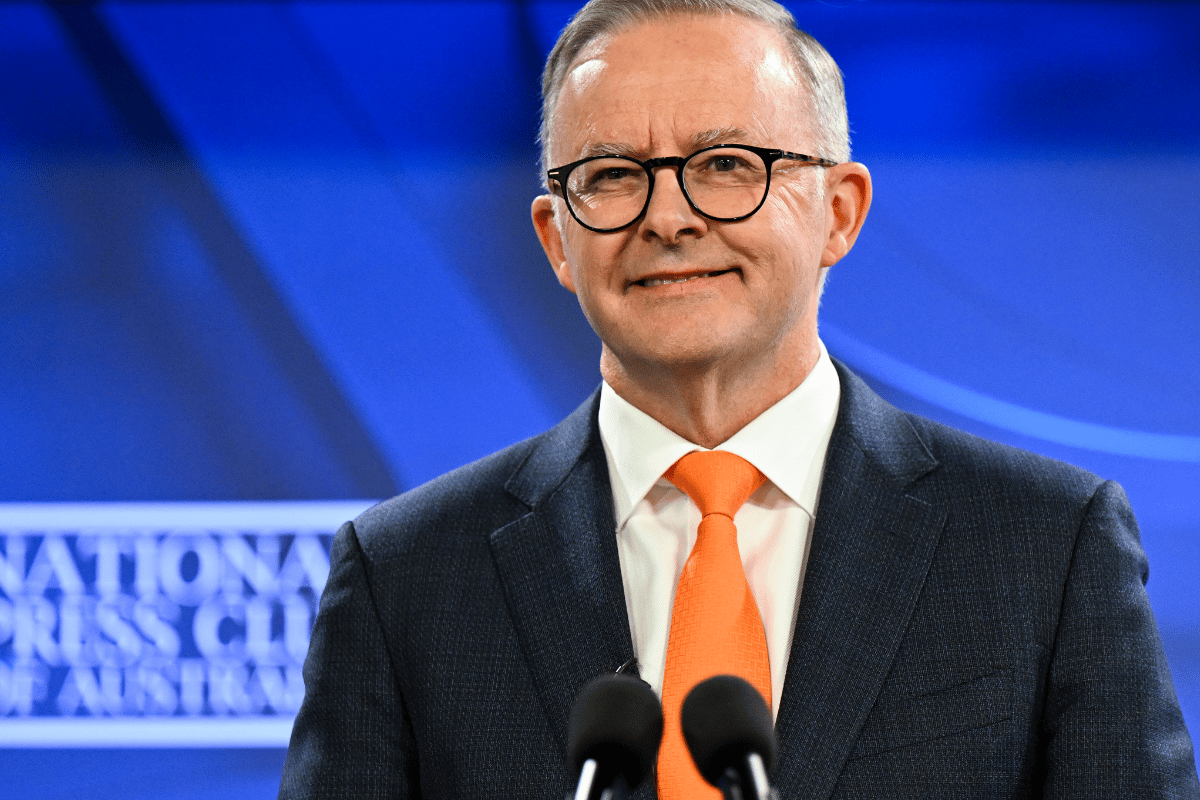
Anthony Albanese has today marked 100 days in office as Prime Minister of Australia.
It's a major milestone for the PM, who used his address at the National Press Club to outline his government's achievements in this space of time, as well as reflecting on what the future holds.
"Our government is only 100 days into this journey but we are resolved on the destination of a better future," Albanese said, adding "reform" and "renewal" will characterise the next phase of Australia's recovery from the pandemic.
"We are focused on building a fair-wage, strong-growth, high-productivity economy."
The National Press Club appearance had Albanese focusing on many of his government's achievements, but questions were also posed to uncover what areas need further focus in the coming 100 days.
About to speak at the @PressClubAust on the first 100 days of Labor in government. Watch live on @ABCTV or stream here: https://t.co/3dABaUBNT0 pic.twitter.com/ogQtd8wxcf
— Anthony Albanese (@AlboMP) August 29, 2022

Top Comments